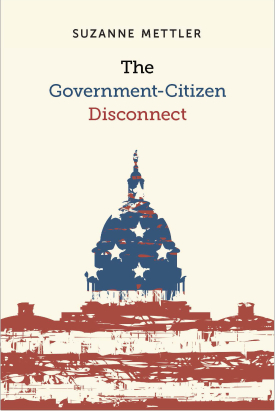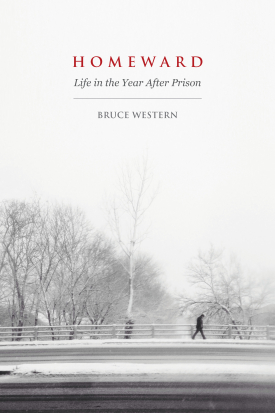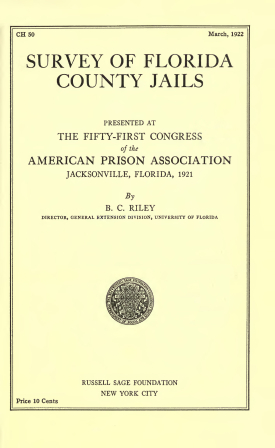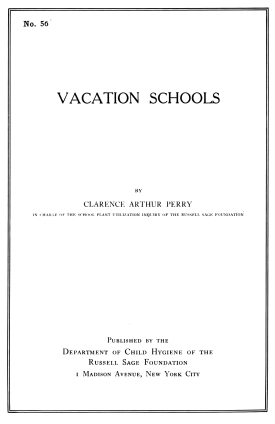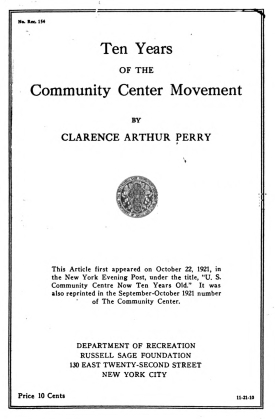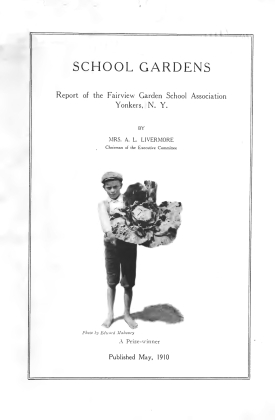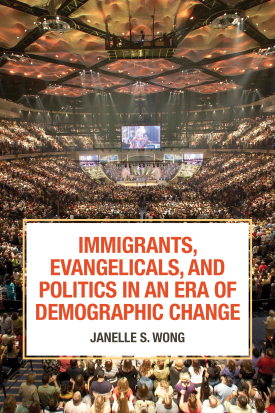
Immigrants, Evangelicals, and Politics in an Era of Demographic Change
About This Book
Winner of the 2019 Don T. Nakanishi Award for Distinguished Scholarship and Service from the Western Political Science Association Committee on the Status of Asian Pacific Americans
“Immigrants are not necessarily liberals, and religion is a large factor in predicting immigrant conservatism. These points are often overlooked by scholars and policymakers alike, and Janelle Wong’s path-breaking work shines much needed light on the ways in which religion—particularly evangelical Christianity—shapes immigrants’ politics, with considerable implications for the future of American party coalitions.”
—Michael Jones-Correa, professor of political science, University of Pennsylvania
“This is the perfect time for this important book. With evangelicals again in the bright political spotlight over their role in electing Donald Trump, it is essential to understand Janelle Wong’s exploration of evangelical religion, interests, and identities. Evangelical is clearly not a synonym for white Republican. But the steady diversification of evangelicalism will not necessarily entail a moderation of white evangelical politics either. There is fascinating work to be done on how people wrestle with competing racial and religious identities and Wong’s Immigrants, Evangelicals, and Politics in an Era of Demographic Change paves the way.”
—Paul A. Djupe, associate professor of political science, Denison University
As immigration from Asia and Latin America reshapes the demographic composition of the U.S., some analysts have anticipated the decline of conservative white evangelicals’ influence in politics. Yet, Donald Trump captured a larger share of the white evangelical vote in the 2016 election than any candidate in the previous four presidential elections. Why has the political clout of white evangelicals persisted at a time of increased racial and ethnic diversity? In Immigrants, Evangelicals, and Politics in an Era of Demographic Change, political scientist Janelle Wong examines a new generation of Asian American and Latino evangelicals and offers an account of why demographic change has not contributed to a political realignment.
Asian Americans and Latinos currently constitute more than one in every seven evangelicals, and their churches are among the largest, fastest growing organizations in their communities. While evangelical identity is associated with conservative politics, Wong draws from national surveys and interviews to show that non-white evangelicals express political attitudes that are significantly less conservative than those of their white counterparts. Black, Asian American, and Latino evangelicals are much more likely to support policies such as expanded immigration rights, increased taxation of the wealthy, and government interventions to slow climate change. As Wong argues, non-white evangelicals’ experiences as members of racial or ethnic minority groups often lead them to adopt more progressive political views compared to their white counterparts.
However, despite their growth in numbers, non-white evangelicals—particularly Asian Americans and Latinos—are concentrated outside of swing states, have lower levels of political participation than white evangelicals, and are less likely to be targeted by political campaigns. As a result, white evangelicals dominate the evangelical policy agenda and are overrepresented at the polls. Also, many white evangelicals have adopted even more conservative political views in response to rapid demographic change, perceiving, for example, that discrimination against Christians now rivals discrimination against racial and ethnic minorities.
Wong demonstrates that immigrant evangelicals are neither “natural” Republicans nor “natural” Democrats. By examining the changing demographics of the evangelical movement, Immigrants, Evangelicals, and Politics in an Era of Demographic Change sheds light on an understudied constituency that has yet to find its political home.
JANELLE S. WONG is professor of American Studies at the University of Maryland.

